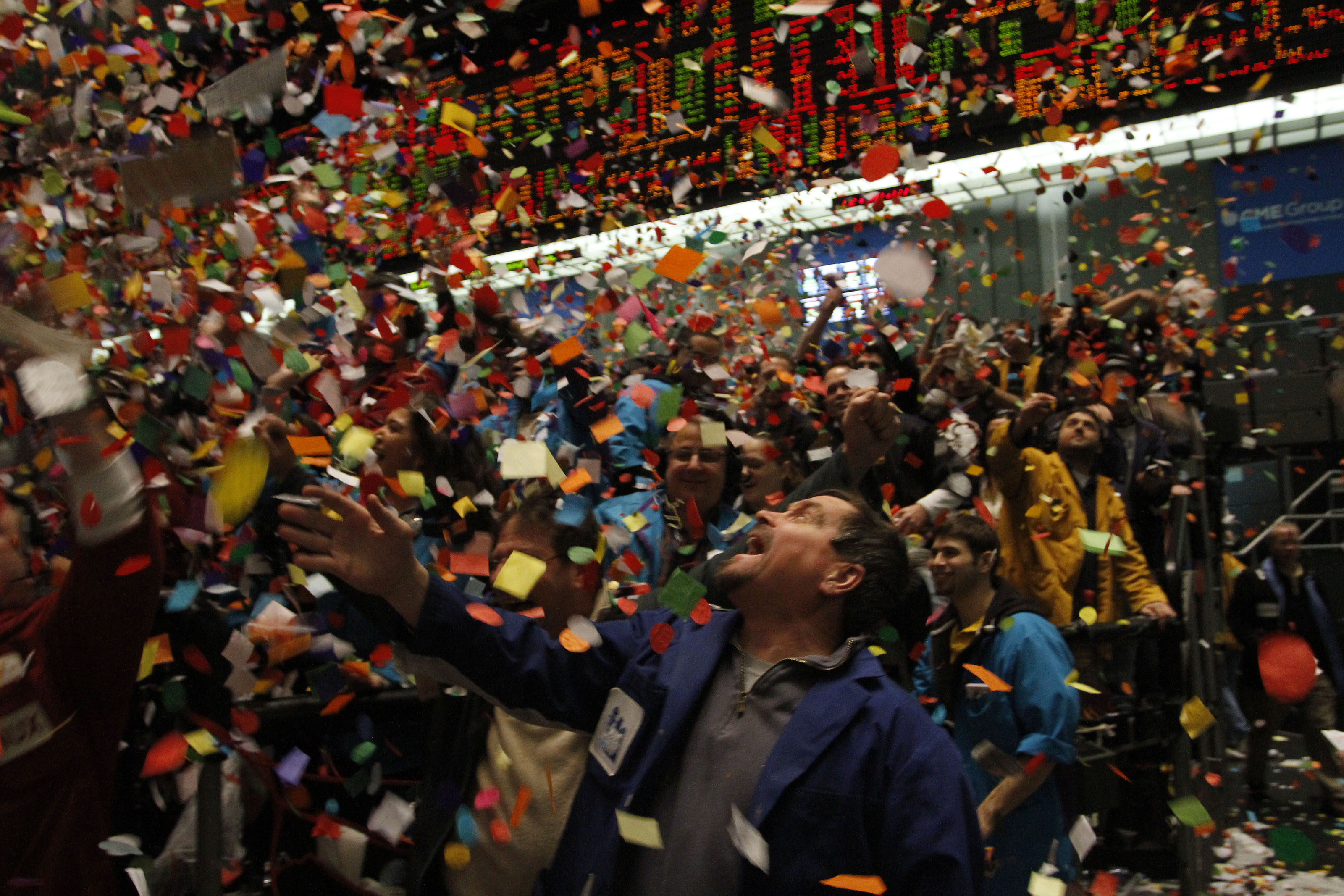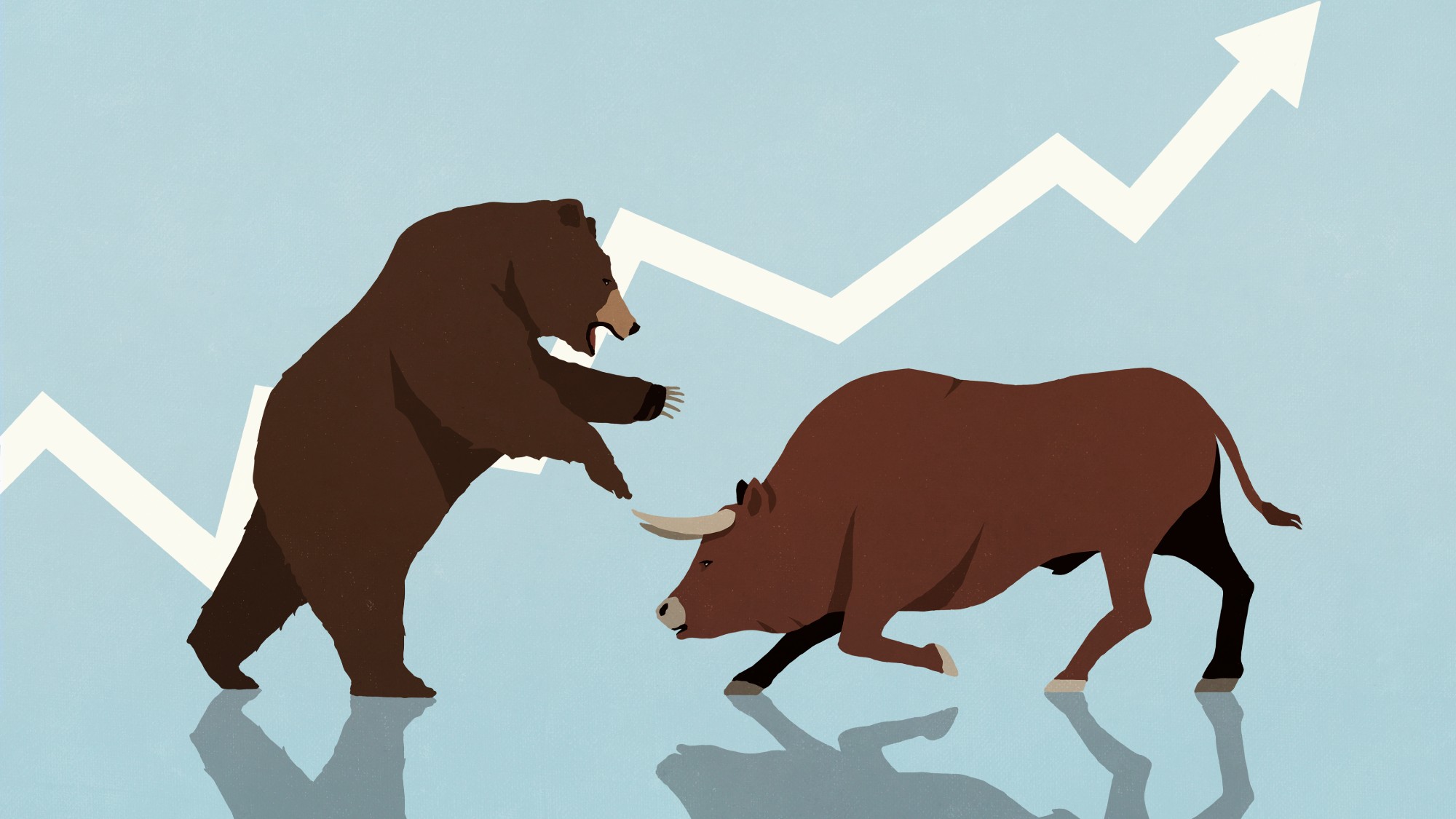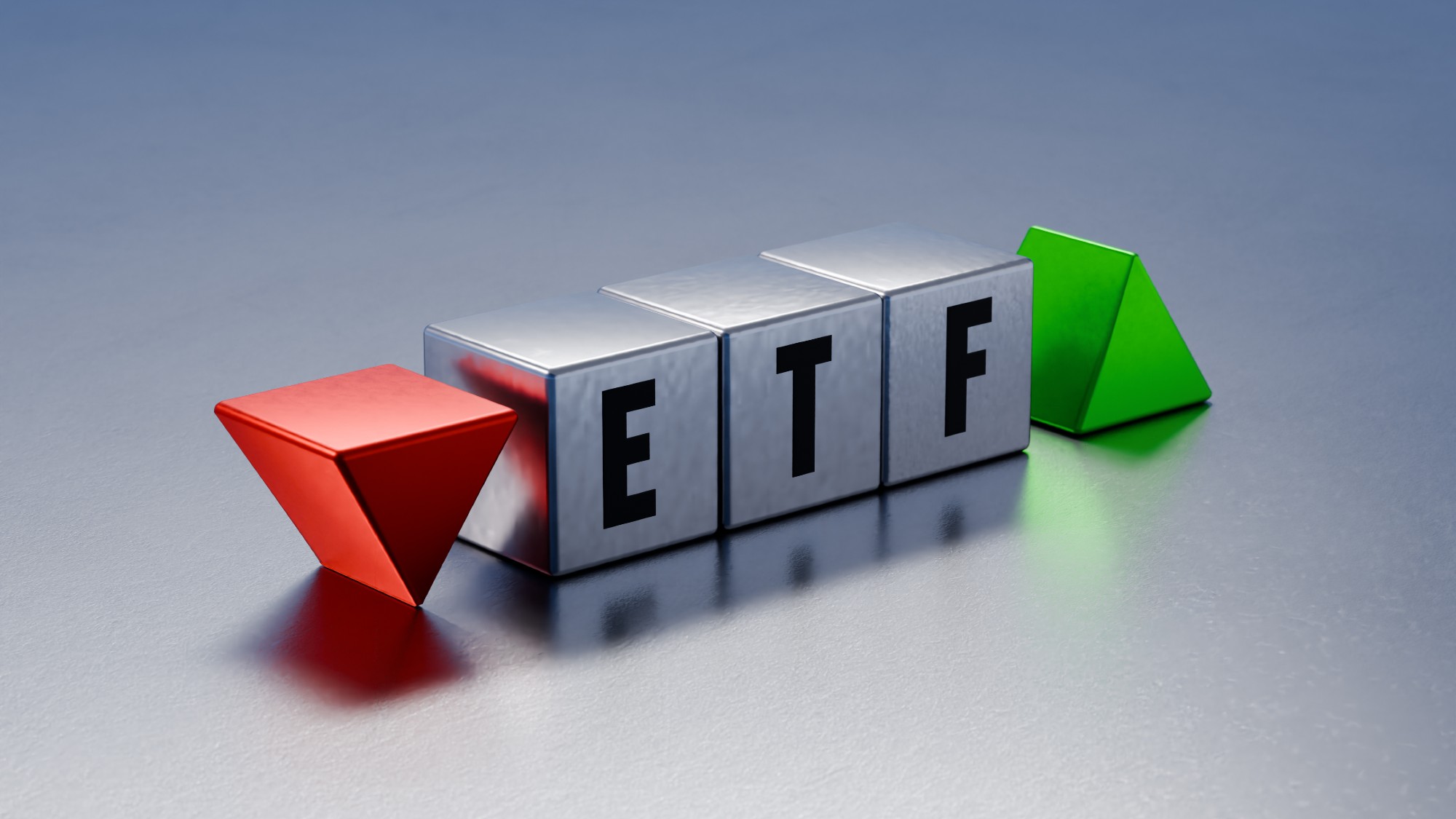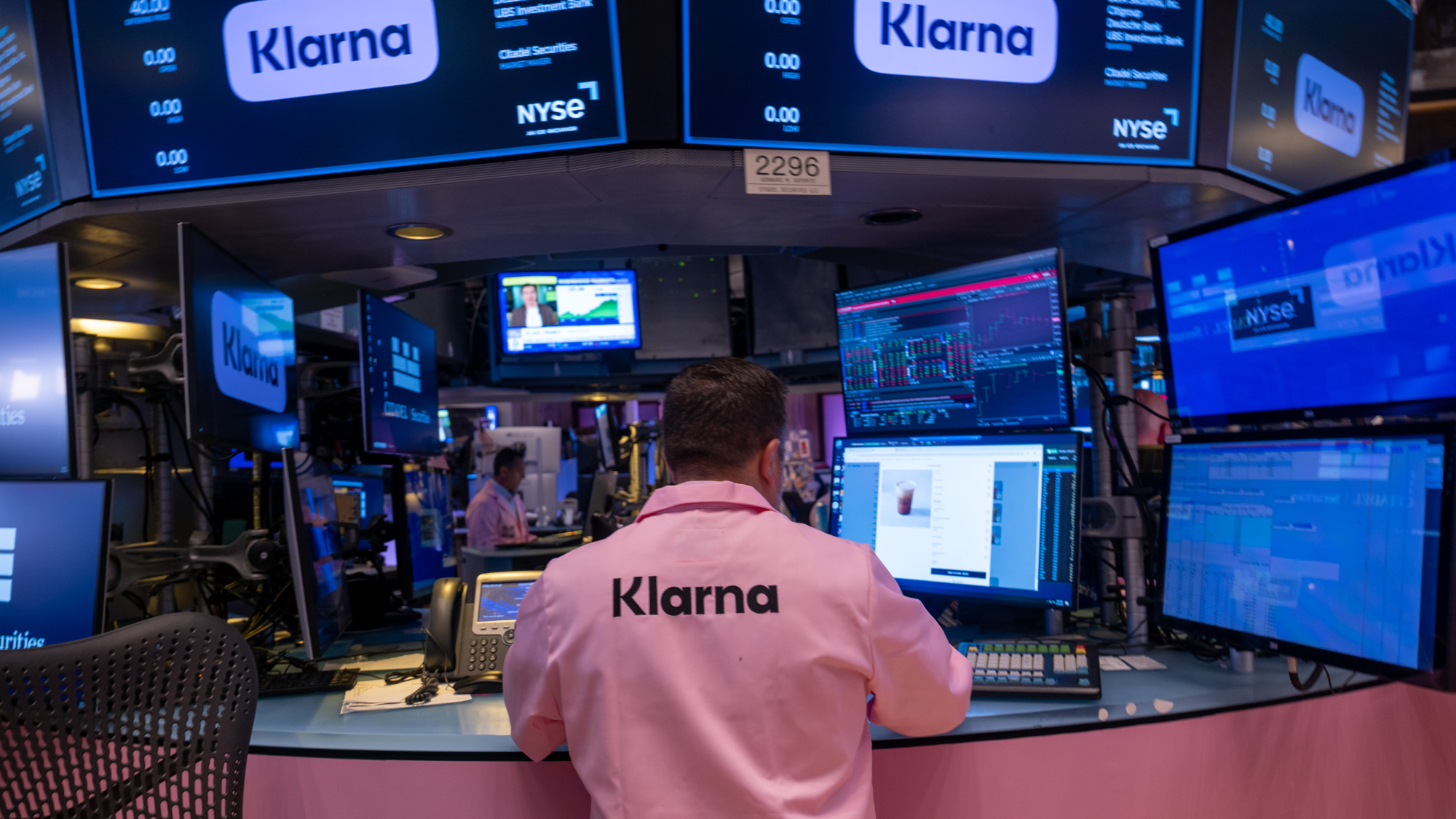How to think like a successful trader
The key is to understand how people think – and to go against the crowd, writes John C Burford

A free daily email with the biggest news stories of the day – and the best features from TheWeek.com
You are now subscribed
Your newsletter sign-up was successful
Traders who make money consistently over the long run are rare. If you want to join their ranks, you need to cultivate a certain mindset. One recent book – not actually about trading – that I’ve found particularly helpful, is Daniel Kahneman’s Thinking, Fast and Slow. Kahneman’s basic thesis is that we have two modes of thinking that can be in conflict: system one is intuitive, knee-jerk and fast; whereas system two is considered, rational and slow.
The key is that we are not always the rational, maximum-gain seeking, loss-avoiding agents that form the foundation of classic economic theory. Far from it – we are often irrational and emotional, with poor choices the result. In a market context, it is these poor choices that produce the extremes of herding (where almost everyone is betting on one outcome) that we invariably find at major tops and bottoms.
Kahneman quotes a classic experiment that shows very clearly how poor our decision-making can be. Take a look at the questions below, and choose one option for each (your profit or loss is based on the combined outcome):
The Week
Escape your echo chamber. Get the facts behind the news, plus analysis from multiple perspectives.

Sign up for The Week's Free Newsletters
From our morning news briefing to a weekly Good News Newsletter, get the best of The Week delivered directly to your inbox.
From our morning news briefing to a weekly Good News Newsletter, get the best of The Week delivered directly to your inbox.
1. Pick one:
A) A sure gain of £240B) A 25% chance to gain £1,000, and a 75% chance to gain nothing
2. Pick one:
C) A sure loss of £750D) A 75% chance to lose £1,000, but a 25% chance to lose nothing
A free daily email with the biggest news stories of the day – and the best features from TheWeek.com
No choice is especially attractive here, but if you are like most people, you would be instinctively drawn to the sure gain of A, and repelled by the sure loss of C. In Kahneman’s original experiment, a whopping 73% of people chose the combination AD. This automatic, emotional reaction is a product of System 1. But System 1 decisions can be poor ones.
You see, if you do the calculations, the most favourable option statistically is actually BC. The expected value of AD is negative £510, while that of BC is a slightly better negative £500. That surprising result required the brain to do considerable System 2 work, and that is too much for most people. What is the lesson for traders? It’s not “swot up on statistics” – the real lesson is that which seemed obvious (that AD is best), is incorrect. Herds gather in markets, because there is an ‘obvious’ story that System 1 can easily identify with – such as ‘house prices always go up’, for example.
This confirms legendary trader Joe Granville’s maxim: “When it seems obvious to most people, it is obviously wrong.” The nice thing about this is that because we know that System 1-driven herding in markets eventually produces the ‘wrong’ answer (trends change when the herd gets too big), then to answer the question: ‘Which combination is best?’, all I needed to know was the fact that 73% of respondents chose A and D. It’s odds on that a different combination – most likely the exact opposite, BC – was correct. This is classic contrarian thinking.
In short, a good trader does not want the market to prove them right in their views so they can brag to their friends; they want to discern what other traders are doing, and if they are in a large herd, trade against them. To think like a trader, use your System 2 analytical mind to examine your knee-jerk, gut-feel System 1 answers that seem obvious, but may not be.
Daniel Kahneman, Thinking, Fast and Slow (Penguin Books), RRP £6.99. Read more from John C Burford at moneyweek.com/trader
-
 The environmental cost of GLP-1s
The environmental cost of GLP-1sThe explainer Producing the drugs is a dirty process
-
 Greenland’s capital becomes ground zero for the country’s diplomatic straits
Greenland’s capital becomes ground zero for the country’s diplomatic straitsIN THE SPOTLIGHT A flurry of new consular activity in Nuuk shows how important Greenland has become to Europeans’ anxiety about American imperialism
-
 ‘This is something that happens all too often’
‘This is something that happens all too often’Instant Opinion Opinion, comment and editorials of the day
-
 Received a windfall? Here is what to do next.
Received a windfall? Here is what to do next.The Explainer Avoid falling prey to ‘Sudden Wealth Syndrome’
-
 How to invest in the artificial intelligence boom
How to invest in the artificial intelligence boomThe Explainer Artificial intelligence is the biggest trend in technology, but there are fears that companies are overvalued
-
 What’s the difference between a bull market and bear market?
What’s the difference between a bull market and bear market?The Explainer How to tell if the market is soaring or slumping.
-
 Is it a good investment to buy a house?
Is it a good investment to buy a house?The Explainer Less young people are buying homes, opting to rent and invest in the stock market instead
-
 What is day trading and how risky is it?
What is day trading and how risky is it?the explainer It may be exciting, but the odds are long and the risks high
-
 What to know about investing in ETFs
What to know about investing in ETFsThe Explainer Exchange-traded funds can be a great choice for beginners
-
 Retail investors drive a flurry of IPOs
Retail investors drive a flurry of IPOsFeature After years of slowness, companies like Klarna and Gemini are reviving the IPO market
-
 Is hands-off investing the way to go?
Is hands-off investing the way to go?The Explainer In many cases, your money might be better off left alone